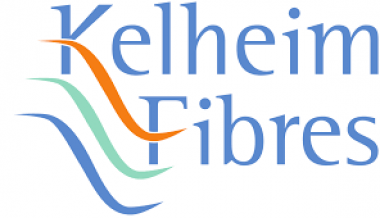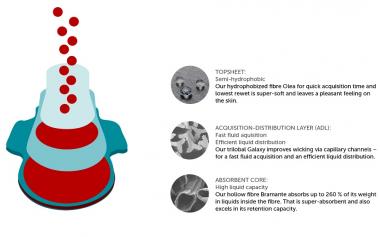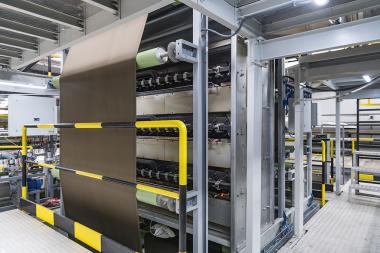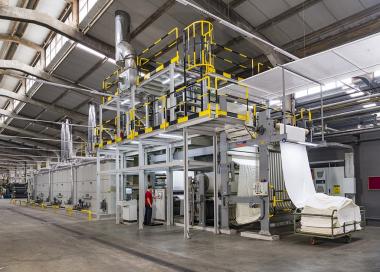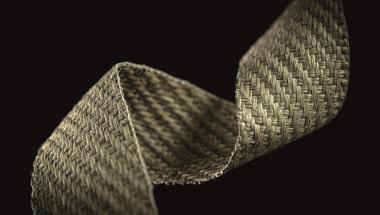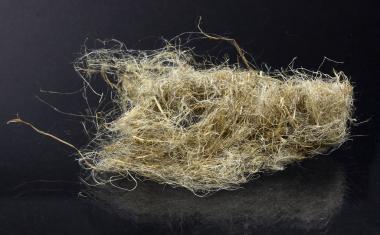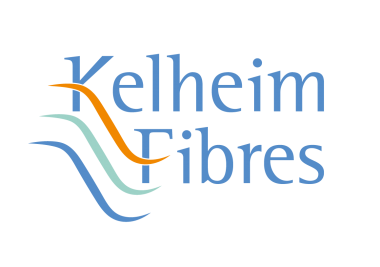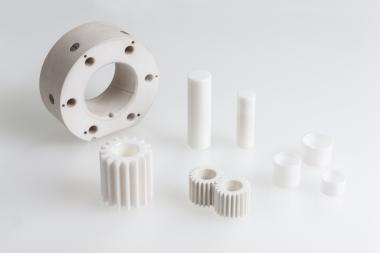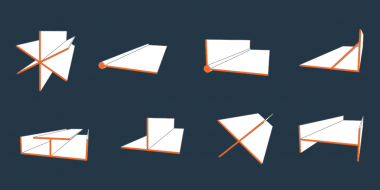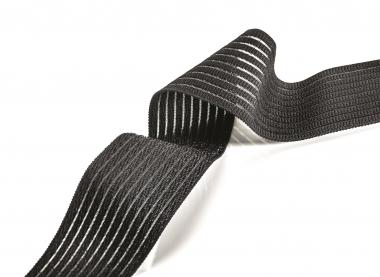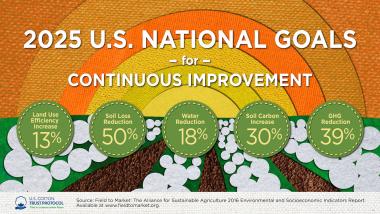Kelheim Fibres first viscose manufacturer worldwide with environmental management system validated to EMAS
- The Bavarian Kelheim Fibres GmbH has become the first viscose fibre manufacturer worldwide to receive EMAS certification.
“Our aspiration is that our fibres offer an eco-friendly and high-performance alternative to synthetic materials”, says Craig Barker, CEO at Kelheim Fibres. “So, it’s not enough that our fibres are made from renewable resources and that they are fully biodegradable – our environmental awareness must include the whole production process and all that goes with it if we want to safeguard our credibility.
The EMAS certification proves that we take this responsibility seriously.” EMAS stands for “Eco Management and Audit Scheme” and is a standardised eco management certification system developed by the European Union. EMAS includes the globally applicable ISO 14001 standard and goes beyond its requirements by demanding more transparency and continuous improvement: Certified companies report in their annual EMAS Environmental Statement on their environmental goals and their progress in meeting them.
During the audit preceding the certification, the independent environmental auditor thoroughly investigated all departments of the company, from the production itself to the company canteen. He found no non-conformances and was impressed by the competence and the high sense of responsibility among Kelheim’s employees. In contrast to the EU Ecolabel and similar certifications, EMAS does not apply to individual products or services, but certifies the complete environmental performance of the company. This benefits not only the protection of the environment and climate, but also the improvement of a company’s ecoefficiency.
Craig Barker: “An efficient environmental management system ensures that economy and ecology go hand in hand – that gives us a decisive competitive edge.”
Kelheim Fibres GmbH


